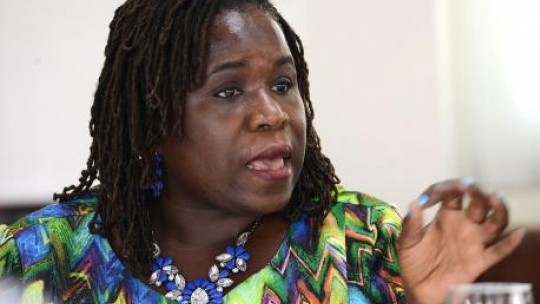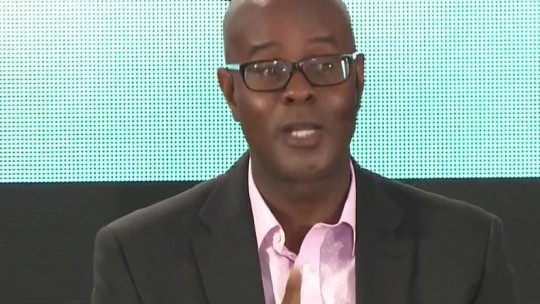.png)
Dr. Carol Archer and Lenworth Kelly
By Warren Bertram
Improving maintenance of infrastructure will reduce recovery costs after natural disasters.
This has been suggested by Dr. Carol Archer, Urban Planner and Professor in Urban Planning and Public Policy at the Faculty of Built Environment at the University of Technology.
Speaking Monday on the Morning Agenda on Power 106, Dr. Archer said in the event of a natural disaster such as a hurricane, the potential costs and time needed to repair roads, buildings and utility poles will always be higher if the existing structures had not been in the best possible condition prior to the disaster.
"Our infrastructure is so poorly maintained. We do not invest enough, and where we have settlements, we tend to have what we refer to as sprawling settlements and so we have to expand and expend the infrastructure in some of these areas. Poorly maintained infrastructure at the time of disaster, whether it's hurricane or earthquake, will further set us back because the infrastructure will be destroyed," she contended.
Dr. Archer added that the length of recovery not only affects the physical systems but also the ability to access food.
"Most of our bread basket areas are in rural areas. With a good hurricane or earthquake, some of these communities can be isolated and this would impact our ability to feed ourselves. We might be cut off. We do a lot of food importation as well. If our ports and airports are affected, this will impact food security," she explained.
Lenworth Kelly, President of the Incorporated Master Builders Association of Jamaica, has also emphasised the importance of infrastructure maintenance to lessen the effects of natural disasters.
Mr. Kelly said the required plan to deal with the occurrence of natural disasters should be in place from the initial building phase as these disasters are expected every year.
But he noted that even with the plan in place, without consistent maintenance, all the safeguards would be lost.
"So it must be within what we build, not something you add later 'cause you know this thing [natural disaster] is going to come, so you design for it. The codes are there for it; it must also inform government development orders," he suggested.
Mr. Kelly was also guest on the Morning Agenda on Power 106.
comments powered by Disqus











 All feeds
All feeds







